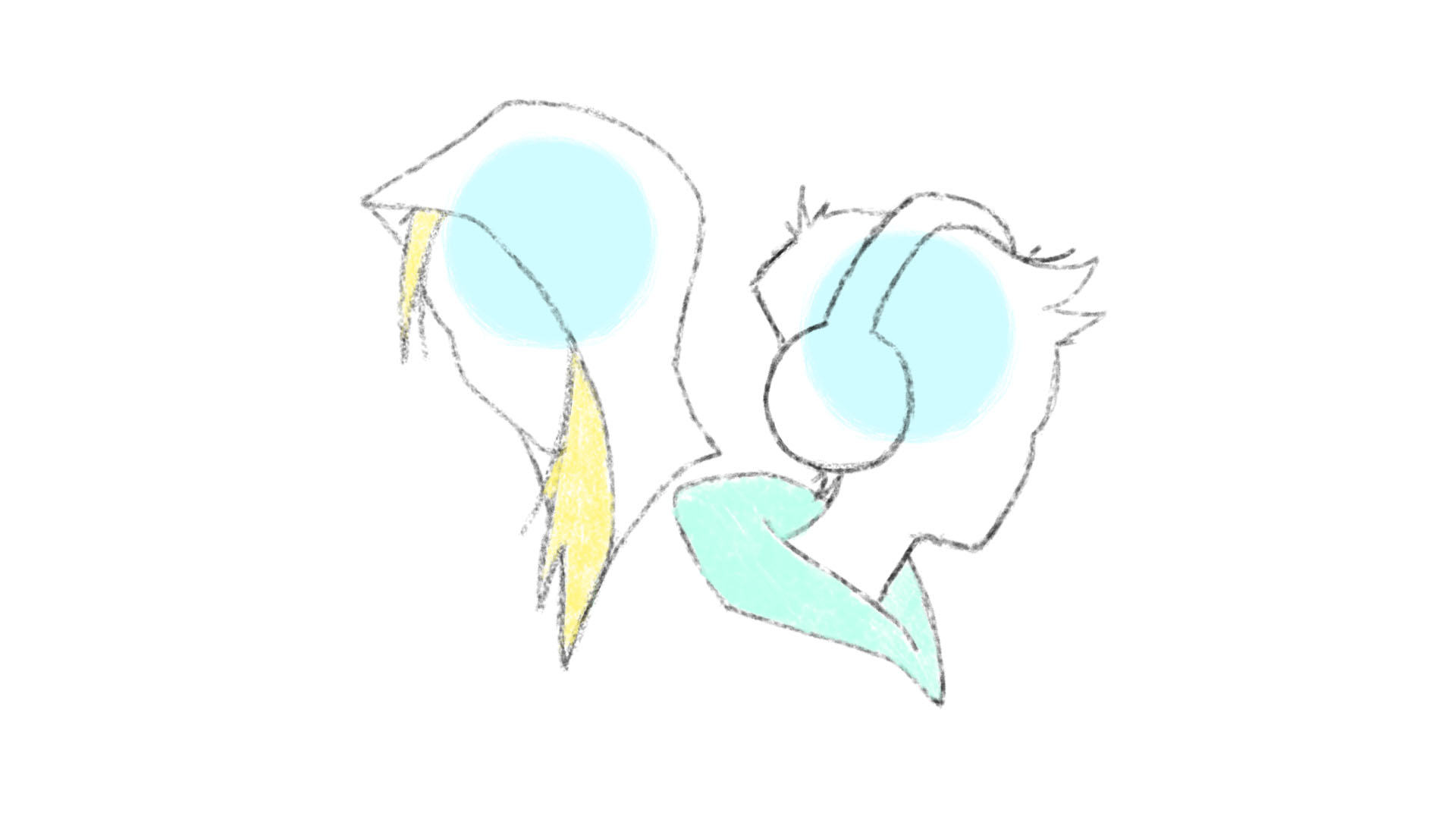As a parent, it can be challenging to see your child struggle with their emotions or mental health. Whether it’s anxiety, depression, low self-esteem, or other difficulties, you naturally want to support them but may feel unsure of the best way to help. One highly effective method is Cognitive Behavioural Therapy (CBT), a well-researched and evidence-based approach that helps young people understand and manage their thoughts, feelings, and behaviours.
This blog aims to explain what CBT is, how it works for young people, and how it can provide valuable support to your child.
What is CBT?
Cognitive Behavioural Therapy is a short-term, structured form of therapy that focuses on how our thoughts (cognitions) influence our feelings and behaviours. For children and teens, CBT helps them:
- Identify unhelpful thoughts (e.g., “I’m not good enough” or “Everyone is better than me”).
- Challenge these thoughts by looking for evidence and exploring alternative ways of thinking.
- Change their responses by developing healthier behaviours and coping strategies.
CBT is highly practical, offering children and teenagers tools they can use in their everyday lives to handle emotions, make better decisions, and reduce stress.
Why is CBT Effective for Young People?
Young people are still developing emotionally, and they often need guidance on how to manage feelings of fear, sadness, frustration, or confusion. CBT is particularly effective because:
- It’s collaborative and goal-oriented: The therapist works with your child to set achievable goals, which helps them feel empowered and motivated.
- It’s skills-based: CBT equips young people with practical techniques to handle real-life challenges, like dealing with social pressures, handling academic stress, or managing anger.
- It’s focused on the present: Instead of delving too much into the past, CBT emphasizes how current thought patterns affect behaviour and emotions. This is particularly appealing to young people, who often struggle to reflect on distant events.
How CBT Can Help Your Child
CBT offers a range of benefits for children and teens, especially when they face mental health challenges like anxiety, depression, or difficulties adjusting to school or social situations. Here’s how it can support your child:
1. Understanding Emotions
Young people often struggle to make sense of their feelings, especially when they’re overwhelming or unfamiliar. CBT helps them recognize their emotions and teaches them that feelings, while important, don’t have to control their behaviour. By learning to name and understand their emotions, they can begin to manage them in healthier ways.
2. Changing Unhelpful Thoughts
Children can develop negative thinking patterns that affect how they see themselves and the world. For example, if your child believes “I’m not smart enough” or “I always mess up,” these thoughts can lead to feelings of worthlessness or anxiety. CBT teaches children to challenge these thoughts and replace them with more balanced, positive ones. This shift in thinking can dramatically improve their self-esteem and overall outlook.
3. Developing Coping Skills
CBT provides children with a toolkit of coping strategies they can use when faced with stressful situations. This could include deep breathing exercises, breaking large tasks into smaller steps, or learning to ask for help. These skills not only help them manage difficult moments but also build resilience, which they will carry with them throughout their lives.
4. Improving Problem-Solving Skills
In CBT, young people are encouraged to tackle problems head-on by identifying challenges and brainstorming practical solutions. Whether it’s learning to navigate a friendship issue or dealing with school-related stress, they are guided through ways to approach the problem without becoming overwhelmed.
5. Building Confidence and Self-Esteem
By working through CBT exercises, children gain a sense of achievement when they start seeing positive changes in how they think and behave. This builds their confidence, helps them see that change is possible, and empowers them to handle future challenges.
How Can Parents Be Involved?
Your involvement in the therapy process can be vital for your child’s success in CBT. Often, therapists will encourage parents to take an active role by reinforcing the skills and techniques learned in sessions at home. Here are some ways you can support your child:
- Be curious, not critical: Ask open-ended questions about what they’ve learned in therapy without pressuring them to share more than they’re comfortable with.
- Help them practice: If your child is learning a new coping technique, encourage them to practice it in real situations. For example, if they’ve learned relaxation exercises, you can remind them to use these during stressful moments.
- Stay patient: Change doesn’t happen overnight. Celebrate small victories and be patient as your child works through their challenges.
When Should You Consider CBT for Your Child?
If your child is struggling with persistent anxiety, low mood, difficulties in school, or emotional outbursts, CBT could be a helpful approach. It’s especially beneficial for conditions such as:
- Anxiety disorders (e.g., social anxiety, separation anxiety, phobias)
- Depression
- Obsessive-compulsive disorder (OCD)
- Trauma or stress-related disorders
- Anger management issues
- Self-esteem and confidence challenges
CBT is highly adaptable and can be tailored to meet the specific needs of each child, making it a versatile option for various emotional and behavioural issues.
As parents, you want the best for your child, and understanding how Cognitive Behavioural Therapy (CBT) works can be a step toward providing the support they need. By helping your child recognize unhelpful thoughts and behaviours and teaching them practical ways to respond, CBT empowers them to take control of their emotions and thrive in life. If you think your child could benefit from CBT, consider speaking with a mental health professional who specializes in working with young people.
Every step toward better mental well-being can make a big difference in your child’s happiness and overall development.

